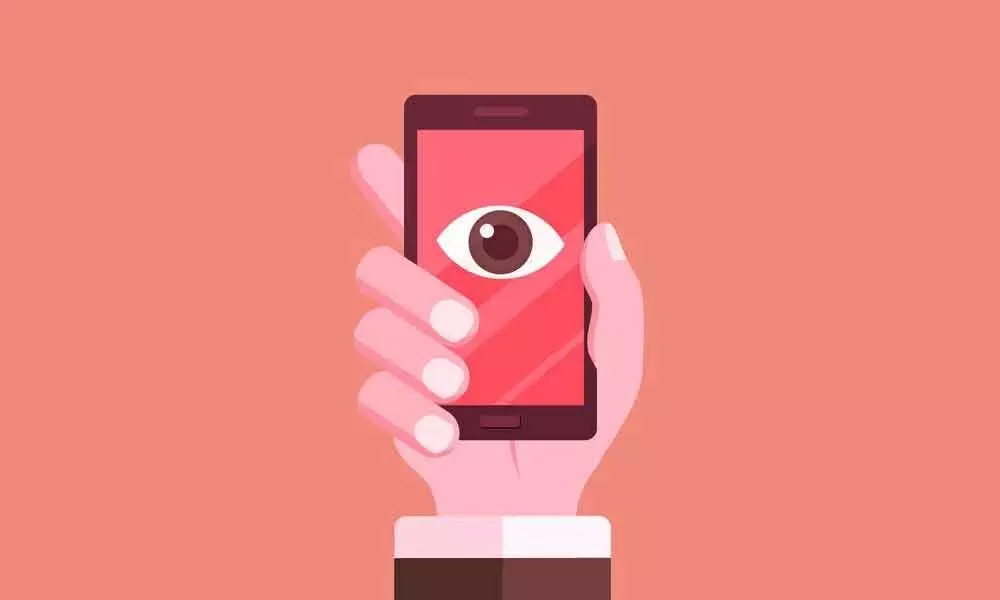How to find if someone is spying on your Apple iPhone?

Representational Image
Apple will display a "threat notification" if any of your Apple devices that are linked to that Apple ID is compromised.
To fight state-sponsored targeted surveillance and illegal spying on iPhones, Apple has filed a lawsuit against Pegasus spyware creator NSO Group. Apple also made an announcement that it will notify the iPhone users who may be victims of cyberattacks, such as Pegasus, by state-sponsored entities. These attacks are not very different from regular malware or spyware applications that can spy on your personal data.
Apple describes state-sponsored attacks as the use of sophisticated surveillance technology that targets certain people for the kind of work they do, such as journalists, activists, lawyers, and others. These attacks only target a very small number of users and generally tend to affect multiple platforms, including iOS and Android.
How to find if someone is spying on your iPhone
Apple will send alerts to victims through emails and iMessage notifications. The alert will be sent to your email ID and mobile phone number that you have used to create the Apple ID. If you want to check it by yourself, you need to visit the website "appleid.apple.com" and using your Apple ID login details, please log in.
If any of your Apple devices are linked to that Apple ID are compromised, Apple will display a "threat notification".
Apple reportedly alerted six activists and researchers, who are critical of the Thai government, to possible "state-sponsored attackers." According to a Reuters report, Apple's alert messages read: "If your device is compromised by a state-sponsored attacker, they may be able to access your confidential data, communications, or even the camera and microphone remotely. "
Things to remember while checking Apple threat notifications
Apple warned users that these threat notifications will never ask you to click any links, open files, install apps or profiles, or provide your Apple ID password or verification code via email or phone.
If you receive a threat notification claiming to be Apple and it asks for your Apple ID details or tells you to click a link, you can be that sure it is a phishing scam. Also, always use 2-factor authentication on your Apple ID to protect your account.


















